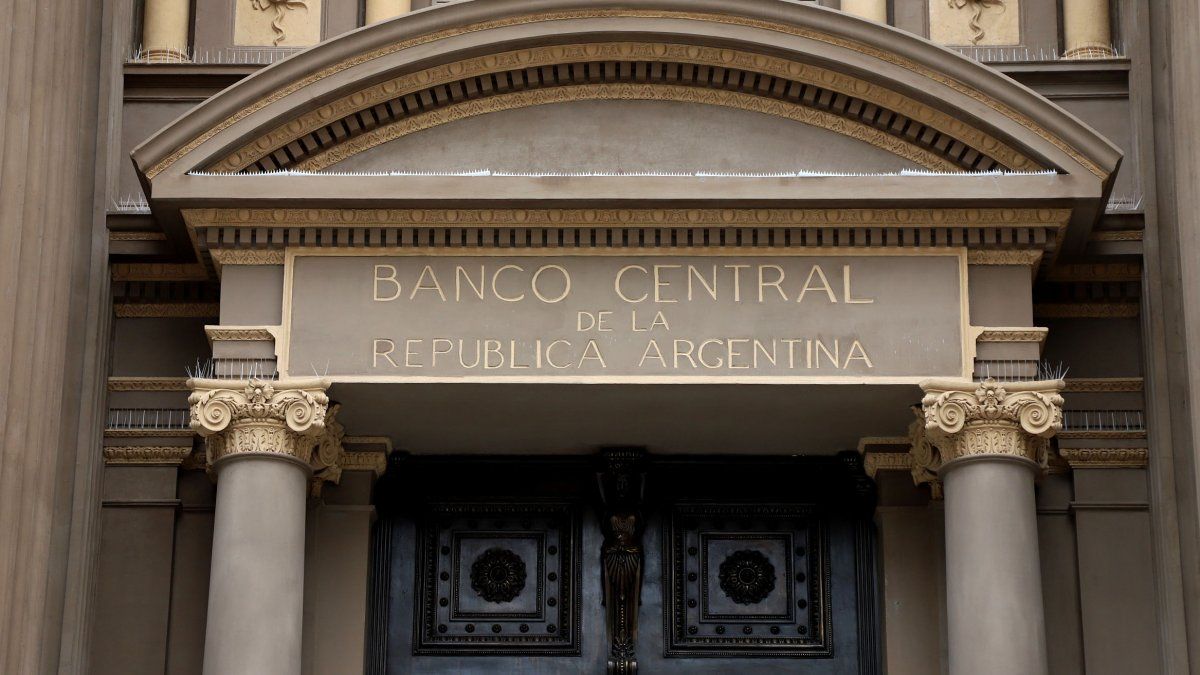If any saver wanted to make a bet of opportunity, today I could buy bank shares. In the market, it is estimated that the financial sector will be the main beneficiary of the strong reduction of rates of interest that determined the Central Bank (BCRA) this Monday.
And, although the Government reduced the repo rate to 80% annual nominal, The banks have already adjusted the fixed-term ones for retailers 70% nominal annual average, because the minimum rate obligation was repealed. That is, they are going to have a profitability improvement so it is known as “financial intermediation”.
Does lower rates equal improved lending?
According to market sources consulted by Ambitthe measure adopted by the highest monetary authority hardly translate into an improvement for loans, which is the other side of banking activity. They are not going to give credits in pesos at negative rates.
“In a normal economy, that should happen”says the market analyst Christian Buteler. But, as in Argentina there are still restrictions on access to the dollar, Managing the cost of money is the Government’s main strategy to continue liquefying monetary aggregates.
Since Javier Milei’s government took office, the monetary base, which is the deposited money in banks and the monetary liabilities of the BCRA, has been reducing importantly, in the order of 30%, based on the fact that the BCRA maintained the negative rate.
New batch of liquefaction
Now operators consider that the new reduction in the monetary policy reference rate is intended to initiate a new batch of peso liquefaction. “The market is going to be expectation a few days to see where everything goes,” explained a broker.
They point out that, in reality, if the performance of the peso curve in the short term is analyzed, the guarantee value for companies or even the level of call moneythe values that he announced the BCRA are in line with something that was already happening in reality.
Martín Kalos, director of the consulting firm Epycastates that, in Argentina, the logic of the banks’ business with respect to the deposit capture It is dissociated from its loans. “The banks are very liquid therefore the money for a loan It does not depend on the funds they raise,” he explained. The financial institution grants credit “on demand, if it is business,” says the economist.
Kalos highlights that the deregulation of the fixed term rate can open space to competition between financial entities for the collecting deposits from organizations or companies regulated entities that are required to store their excess liquidity in fixed term in financial institutions.
“It is likely that many will come out to offer the monetary policy rate of the BCRA in exchange for providing other services, such as packages for employees. They have a captive market there, so to speak,” he explained.
Source: Ambito
I am a 24-year-old writer and journalist who has been working in the news industry for the past two years. I write primarily about market news, so if you’re looking for insights into what’s going on in the stock market or economic indicators, you’ve come to the right place. I also dabble in writing articles on lifestyle trends and pop culture news.




